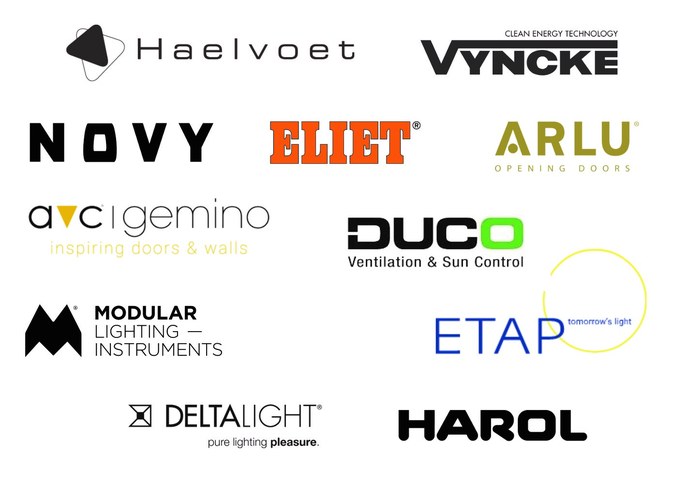Vlaio Design For Assembly Meaning Project
Vlaio Tetra project
The DFAM (Design For Assembly Meaning) methodology is the result of the doctoral research of Davy Parmentier of design.nexus. This methodology focuses on designing products with assembly in mind, enabling faster, easier and cheaper assembly. By implementing DFAM principles, you can obtain a win-win within your company. On the one hand, you can significantly reduce assembly time, improve quality and reduce overall production costs. On the other hand, you avoid frustration and confusion among operators by making assembly more intuitive and reducing instructions. Assembly also becomes more suitable for non-technically skilled personnel, often a reality in the job market today.
A TETRA (Tech Transfer) project (Oct. 2021 - Oct. 2023) is currently underway around the DFAM methodology. The aim of this project is to convert the theoretical knowledge from the PhD into tools that are optimized for various business contexts, where especially simple practical implementation is crucial.
Within the TETRA project, a lot of ground has already been covered in this regard: in collaboration with manufacturing companies, iterations of the methodology were completed within student projects. In addition, demonstrators are continuously being created, which are practical examples of how the methodology is applied to a real product. In addition, there are some companies within the supervisory committee that have already gone through 'expert cases' with us (e.g., Duco, Umbrosa, Vyncke Energietechniek). An expert case consists of 5 interactive workshop sessions at the company itself, during which the methodology is not only taught, but also guided in its implementation in the company's own context.
We gained valuable insights from the workshop sessions with UGent around designs for assembly. Thus, we have now included the assembly of a product (by assembler or colleague) by default in our concept validation FMEA.
With our methodology we try to touch a broad audience: we do not only focus on the classical R&D engineer, but also bridge the gap to production and assembly. In this way, we also try to optimize the cooperation between R&D and production within this project. In addition, collaboration and interaction with operators remains central.
Workshops
We have now arrived at a moment where we have the know-how from both the PhD and the TETRA project on point and we also want to disseminate this knowledge to companies outside the guidance committee.
Therefore, we are organizing three introductory workshops (more info via the links): on 05/05 in Kortrijk , on 12/05 in Gent, and on 26/05 in Antwerpen.
Partners
This Vlaio Tetra project is an initiative involving 3 partners: Ghent University as lead applicant in collaboration with Howest and Antwerp University


